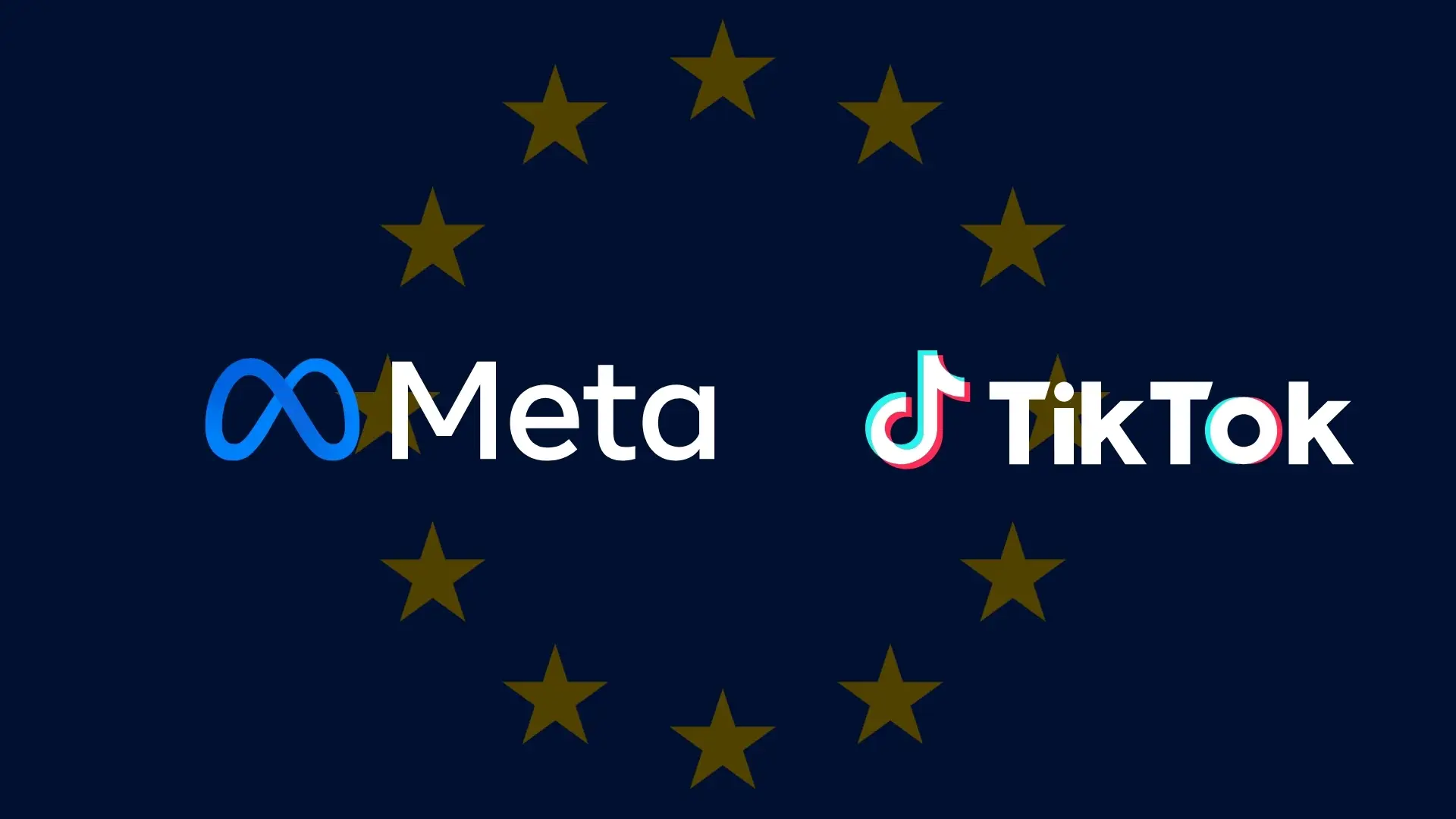Do you remember your mother telling you stories when you were resting your head on her lap? How much do you miss that? We all do miss that, right? In the rush of modern life, we’ve lost those small, magical moments, the motivational talks from our fathers, the anecdotes from grandparents, and the lessons wrapped in laughter shared by our uncles and aunts. Well today, though you may not be able to listen to them anymore for various reasons, if you are someone who is interested in listening to such stories and speeches, today’s only solution is listening to audiobooks, podcasts, and motivational speeches online.
We all consume a lot of content every single day, but we all somehow missed the fun of only listening and then visualizing. There are many platforms doing this these days, such as Spotify, Audible, and YouTube, and many others are helping in our everyday lives to experience that. But what is still lagging with these platforms is the emotional connection that we get with regional language. Scroll through any major platform, and you’ll find endless content in English. But when it comes to your mother tongue, the options shrink. The connection fades. This is the gap. And Kuku FM is the startup that’s filling it with one story, one language, and one emotion at a time.
Since its launch in 2018, Kuku FM has grown to become India’s leading vernacular audio content platform. But this wasn’t an overnight success; it was the result of understanding what most media-tech giants missed. Kuku FM has over 50 million downloads, and interestingly, their active user base stands at 2.7 million active users. There are also some reports saying that they have over 3 lakh paid users added monthly. Most of their active user base is from tier 2 and 3 cities. Rural connect is so high with the app. Today we see this growing exponentially, but it all started with humble beginnings.
While most startups were racing to build for India’s urban elite, three friends, Lal Chand Bisu, Vikas Goyal, and Vinod Meena, saw a different India. It was the India that listens while working, not scrolling. They acquire knowledge by listening, not by seeing. And that feels most at home in its own language. Back in 2018 they started this when there was no podcasting euphoria happening anywhere in India. They started small by partnering with lesser-known creators and schoolteachers, life coaches, and even retired professionals—people who had stories but no stage.
There are various reasons why it worked, but what made KUKU FM so strong in this space? Regional content is their biggest advantage, but it is not the only reason. User-created content is the next biggest booster for the growth; this platform has over 40,000–60,000 active creators, and interestingly, 60% of them are women. The unique perspective they are bringing to the platform is something that is unique. Now most women want to showcase but somehow have the camera fear and don’t want to show their face to the world, but they want to show their talent. And when they have this talent, KUKU FM is one such place to showcase talent. This creates a great connection when there is user-created content.
Then comes its subscription model. Kuku FM offers value pricing at ₹99/month and even lower with discounts. No ads for premium users, and access to thousands of hours of curated content. This is far more accessible than Audible or other English-focused platforms that charge ₹199–299/month. This also helped to manage their revenues. And according to the sources available, their cost of acquisition is INR 300, and when it comes to their average revenue per user, it stands at INR 600. Which clearly shows that they have higher chances to be profitable. CAC is coming at a lesser rate, and average revenues stand higher, which is good for the smooth run of their operations. Also, there is another insight that says that the average time spent by a user listening daily is over 40 minutes.
These reasons, from empowering creators to localized content, affordable pricing, and strong community engagement, have all played a vital role in shaping Kuku FM’s journey. Clearly, Kuku FM’s rise isn’t just built on stories; it’s built on strategy, empathy, and deep user understanding. And when you zoom into their financials, the numbers tell a story of their own. As of FY24, Kuku FM clocked in a revenue of ₹88 crore, more than double their previous year’s ₹41 crore. With a strong paid user base of 2.68 million and a remarkable conversion rate of 11%, it’s clear that users are not just listening; they’re paying too.
What’s even more striking is their unit economics. With an ARPU (Average Revenue Per User) of ₹600 and a Customer Acquisition Cost (CAC) of just ₹300, Kuku FM is earning twice the amount it spends to acquire a user, a healthy sign for any subscription-led business. Their entire revenue comes from subscription sales, without relying on ads or sponsored content, which keeps the listening experience clean and user-focused.
Of course, like most early-stage content startups, they’re still in the investment-heavy phase. Their cumulative losses stand at ₹289 crore as of FY24, mainly due to heavy spending on content creation, tech, and growth. But investor confidence remains high. After raising a $25M Series C round in October 2023, the startup has now raised another $70 million at a valuation of $500 million, nearly 3x growth in valuation.
As Kuku FM continues to grow, it quietly reminds us that sometimes, the simplest ideas told in our own language, in our own voice, can make the deepest impact.
Also Read: Amazon Joins the Quick Commerce Race: The Battle for India’s Fastest Delivery








